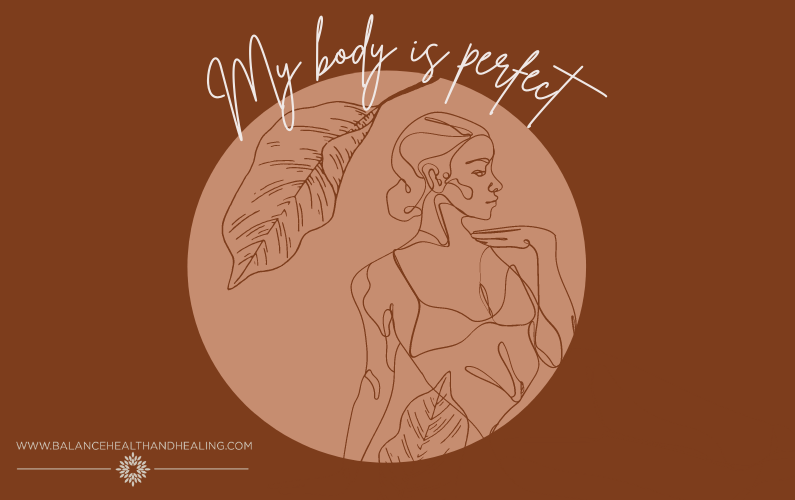
My Body is Perfect
What is the purpose of your body? Do you have a body simply to dress up and look good? Do you have a body to run that extra mile and burn extra calories? Do you have a body so you can be tan and adorn your wrists with jewelry?
 I’ve recently been reading More Than A Body by the Kite Sisters and WOW, is it good! Perhaps the greatest theme I’ve gotten from the book is that you and I are so much more than just a body, yet we simplify ourselves and other people down into how a body looks when there is so much more to each of us. We are complex humans, with unique thoughts, ideas, experiences, and training, yet we seem to just forget about all of that and focus on how each other’s body looks. The first thing we often say to each other is “I love your hair today!” or “cute shirt” or “wow, you’re so tan!” which all implies that yes – the first thing we see about that person is how they looked that day. However, we are so much more than how we look. The tagline of the book, “your body is an instrument, not an ornament” has really got me thinking about the function of our bodies.
I’ve recently been reading More Than A Body by the Kite Sisters and WOW, is it good! Perhaps the greatest theme I’ve gotten from the book is that you and I are so much more than just a body, yet we simplify ourselves and other people down into how a body looks when there is so much more to each of us. We are complex humans, with unique thoughts, ideas, experiences, and training, yet we seem to just forget about all of that and focus on how each other’s body looks. The first thing we often say to each other is “I love your hair today!” or “cute shirt” or “wow, you’re so tan!” which all implies that yes – the first thing we see about that person is how they looked that day. However, we are so much more than how we look. The tagline of the book, “your body is an instrument, not an ornament” has really got me thinking about the function of our bodies.
I feel like I’m using my body for its function–as an instrument–when I’m at yoga trying to do a standing inversion (note the strong word, TRYING). Or, when I’m holding my crying baby and rocking her to sleep, whispering “shhh” and stroking her hair. Or, when I’m hiking and laughing with my friends, using my legs to climb mountains, my eyes to know where to step, and my lungs and heart to keep me alive.
I feel as though I’m using my body as an instrument when I’m eating delicious food, savoring the taste and texture of every mouthful, and imagining how it will help my body thrive. I feel as though I’m using my body as an instrument when I meet with my wonderful clients, hold their struggles, and offer empathy and guidance.
instrument when I’m eating delicious food, savoring the taste and texture of every mouthful, and imagining how it will help my body thrive. I feel as though I’m using my body as an instrument when I meet with my wonderful clients, hold their struggles, and offer empathy and guidance.
When it comes to bodies, we’ve really missed the mark. If the first thing you notice about your own body and other people’s bodies is how they look, we are treating bodies as ornaments. Start to notice your own body as an instrument. Recognize everything your body is doing for you.
Recently, my clients and I have been focusing on the ways in which our bodies are perfect. So many of us have forgotten how perfect our bodies are as we’ve internalized society’s message about how the main focus of our bodies should be on how they look. Now hear me out – there are many ways our bodies are perfect if we focus on their function.
What is the purpose of ears? … To hear.
What is the purpose of eyes? … To see.
What is the purpose of legs? … To get us around!
What is the purpose of hands? … To grip, hold, and perform complex fine and gross motor skills.
What is the purpose of stomachs? … To aid in digestion of food.
 Yet do you sometimes simplify each of these body parts into how they look? How objectifying! From your toenails to the tiny hairs on your arms to your taste buds, your body is designed with function in mind. Society has taught us that function doesn’t matter near as much as appearance.
Yet do you sometimes simplify each of these body parts into how they look? How objectifying! From your toenails to the tiny hairs on your arms to your taste buds, your body is designed with function in mind. Society has taught us that function doesn’t matter near as much as appearance.
I don’t think I’ve ever heard a client (…or really any woman for that matter) say “I love my legs – they are perfect” or “my stomach is really quite perfect” because they’re focusing on how the body looks through the lens of diet culture and self-objectification rather than focusing on the function of that body part.
If your eyes can see, I’d say they’re perfect eyes. If your hands can grab things, I’d say they’re perfect hands. If your body can do all the things you want it to do, I’d say it’s a perfect body. And if one part of your body doesn’t quite work the way you’d hope, let’s extend some compassion to that part of yourself and recognize how hard it’s trying to work, and the things it does do for you (even imperfectly) and move your focus to the parts that are working as you would hope. You’ll be surprised at how perfect your body is when you simply move your focus onto your body’s capacity as an instrument and not as an ornament.

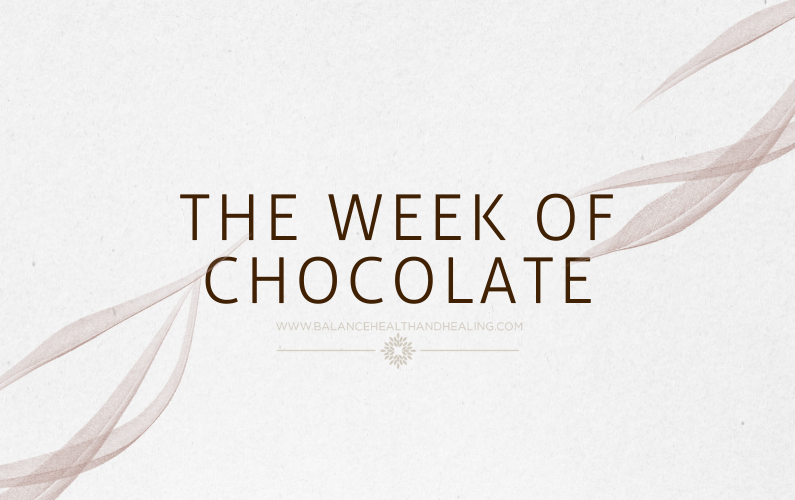
 To top the meal off with a delectable dessert, I was planning on making a yellow cake and mixed berry trifle, complete with whipped cream. To up my dessert game a little, I decided to make the cake a chocolate cake instead, because what in this world is better than the combo of chocolate and strawberries? Few things.
To top the meal off with a delectable dessert, I was planning on making a yellow cake and mixed berry trifle, complete with whipped cream. To up my dessert game a little, I decided to make the cake a chocolate cake instead, because what in this world is better than the combo of chocolate and strawberries? Few things. leftover chocolate cake just sitting there, not being eaten. So, naturally, we had the same dessert on Monday night and on Tuesday night, which is when we finished it off and it was no longer sitting on the countertop watching us and begging to be eaten. I enjoyed every mouthful.
leftover chocolate cake just sitting there, not being eaten. So, naturally, we had the same dessert on Monday night and on Tuesday night, which is when we finished it off and it was no longer sitting on the countertop watching us and begging to be eaten. I enjoyed every mouthful.  Chocolate cake.
Chocolate cake. the more you will want that food. The opposite is also true – the more you eat of a certain food, the less you’ll think about it as the day goes on. Ask me if I crave chocolate cake, I dare you. The answer is no.
the more you will want that food. The opposite is also true – the more you eat of a certain food, the less you’ll think about it as the day goes on. Ask me if I crave chocolate cake, I dare you. The answer is no.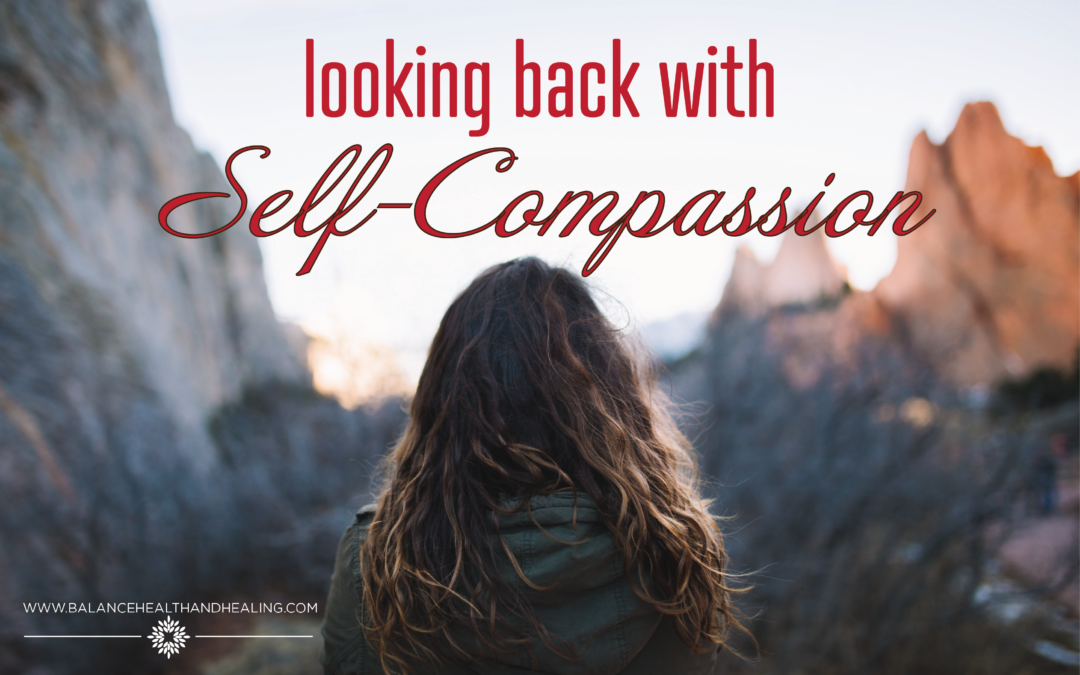
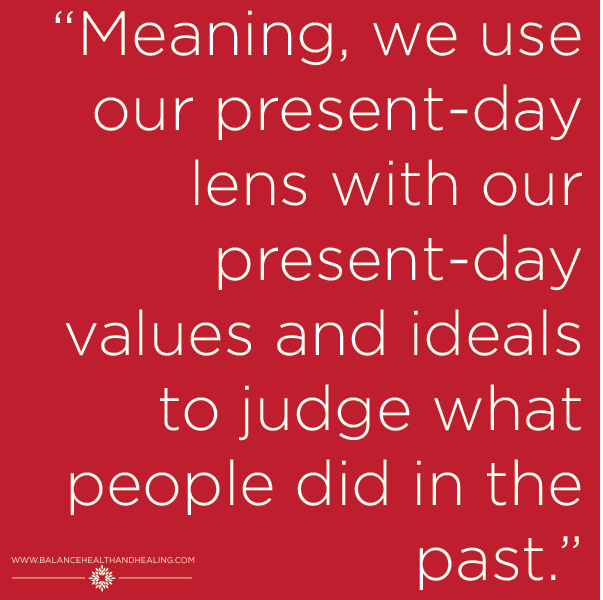 I am currently in a history of psychology class (sounds riveting doesn’t it?) where we have been learning about how we tend to look back on the past with a presentist point of view. Meaning, we use our present-day lens with our present-day values and ideals to judge what people did in the past. With that lens, no one measures up! We think of them all as ignorant, racist and sexist, and we think of ourselves as the enlightened generation that has got everything figured out.
I am currently in a history of psychology class (sounds riveting doesn’t it?) where we have been learning about how we tend to look back on the past with a presentist point of view. Meaning, we use our present-day lens with our present-day values and ideals to judge what people did in the past. With that lens, no one measures up! We think of them all as ignorant, racist and sexist, and we think of ourselves as the enlightened generation that has got everything figured out.  how we tried to use the right tool but we didn’t have enough tools to pick the right one. Looking back with self-compassion even means being kind to yourself if you purposefully used the wrong tool or didn’t try your best to respond well in a certain situation.
how we tried to use the right tool but we didn’t have enough tools to pick the right one. Looking back with self-compassion even means being kind to yourself if you purposefully used the wrong tool or didn’t try your best to respond well in a certain situation. 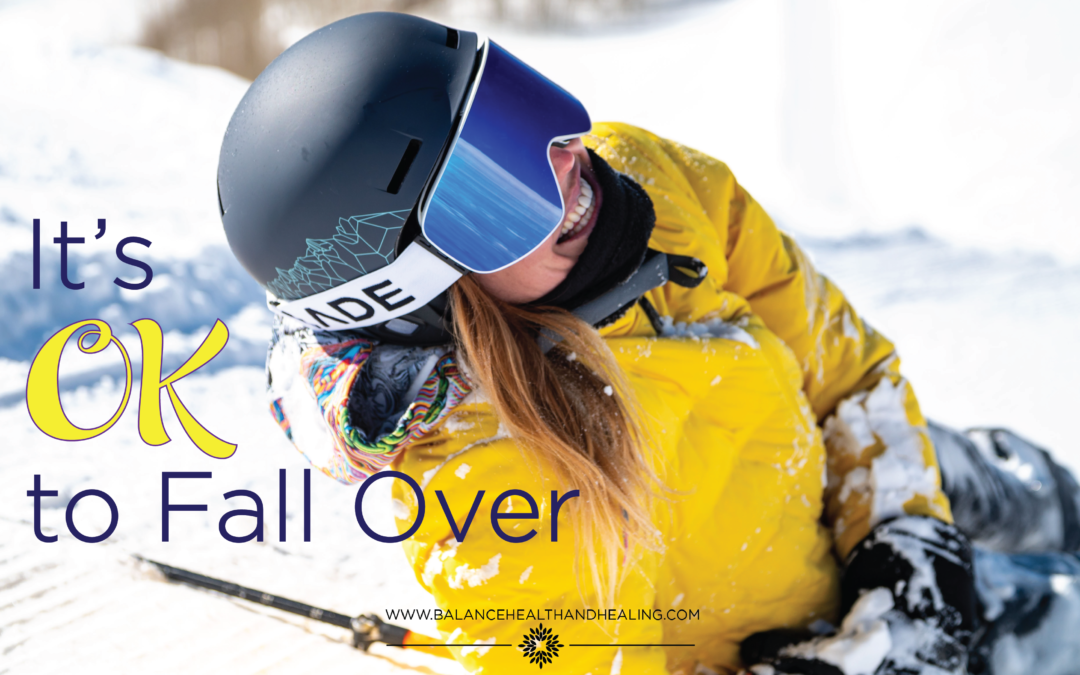
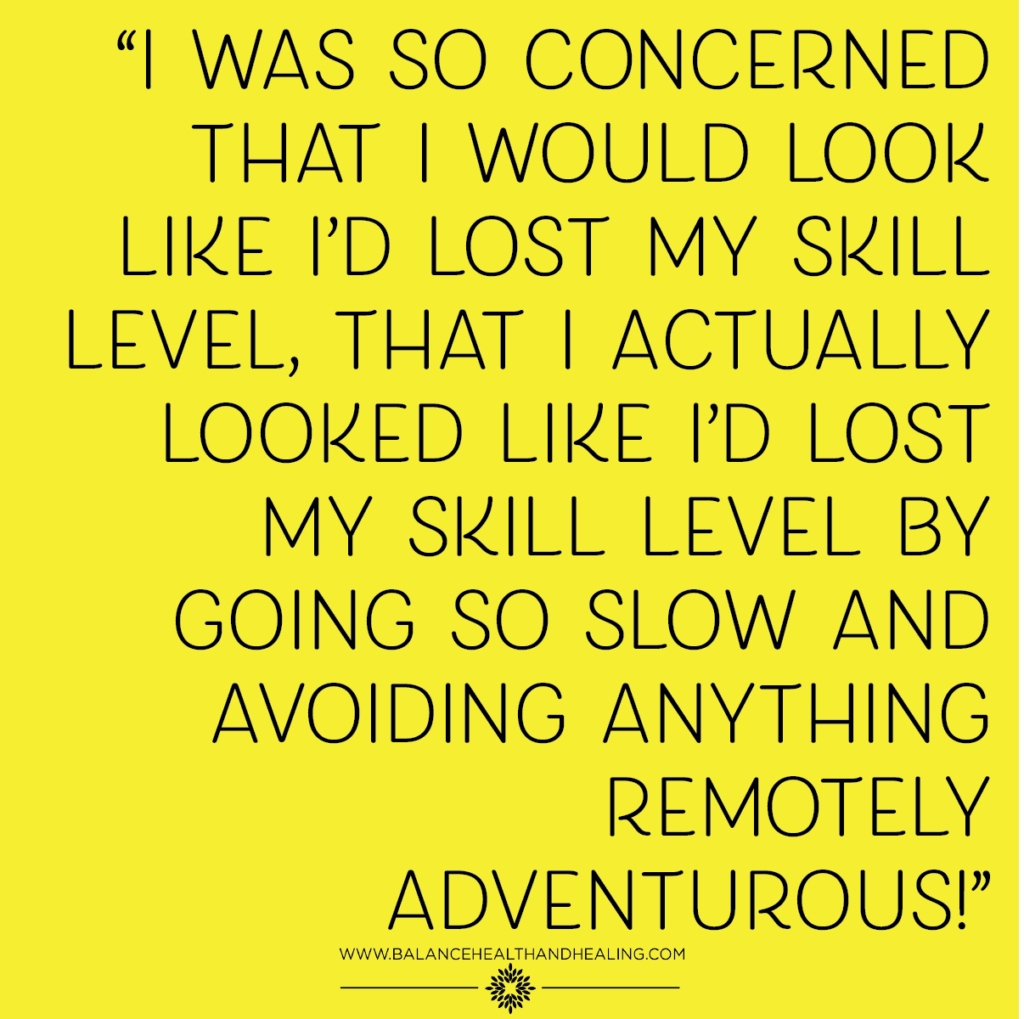 I loved my evening of skiing; it was a fabulous gift and so good for the soul! But, as I look back on the evening, I can’t help but regret my goal of not falling over. With that vision in mind, it stopped me from fully living in the moment and having the most fun I could have had. I was so concerned that I would look like I’d lost my skill level, that I actually looked like I’d lost my skill level by going so slow and avoiding anything remotely adventurous!
I loved my evening of skiing; it was a fabulous gift and so good for the soul! But, as I look back on the evening, I can’t help but regret my goal of not falling over. With that vision in mind, it stopped me from fully living in the moment and having the most fun I could have had. I was so concerned that I would look like I’d lost my skill level, that I actually looked like I’d lost my skill level by going so slow and avoiding anything remotely adventurous! 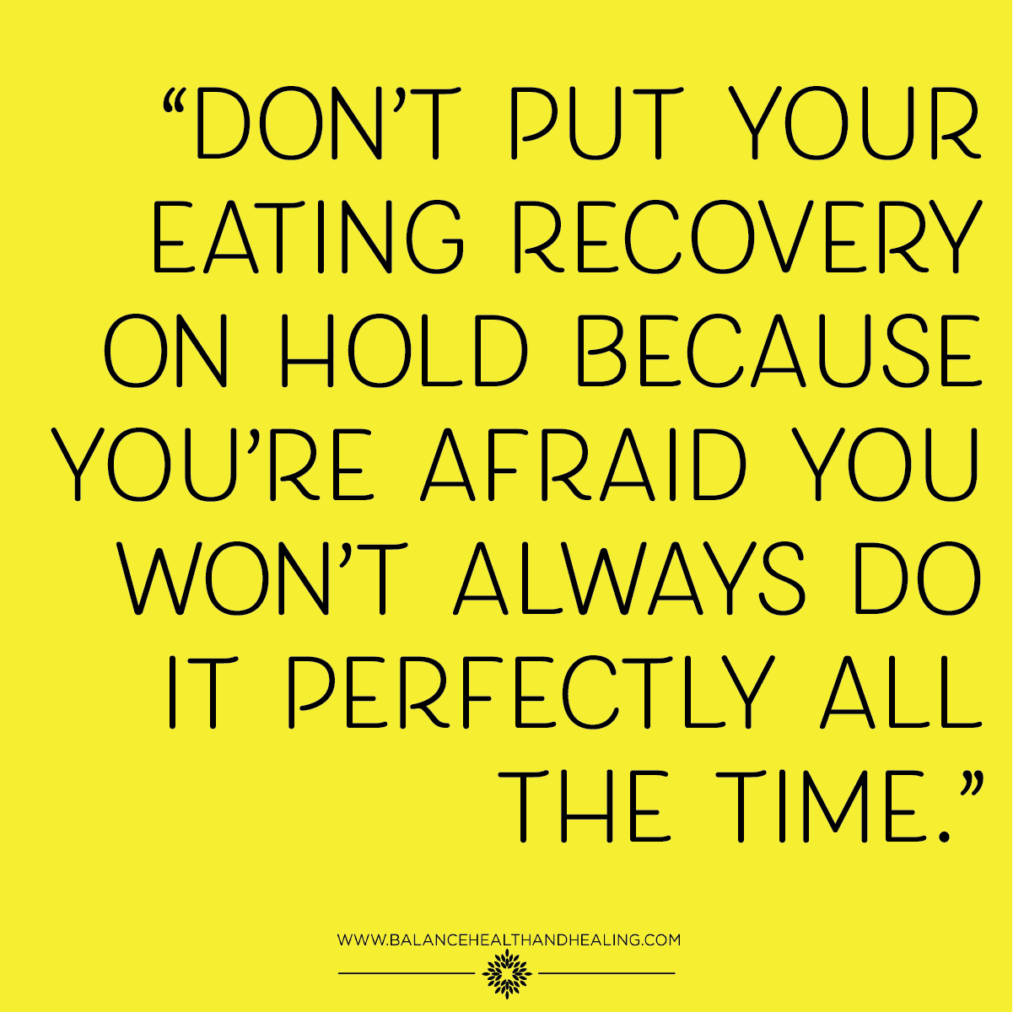 Falling down doesn’t stop you progressing – but living in fear of falling down stops you progressing. It reminds me of the beloved phrase from the classic 2004 film
Falling down doesn’t stop you progressing – but living in fear of falling down stops you progressing. It reminds me of the beloved phrase from the classic 2004 film 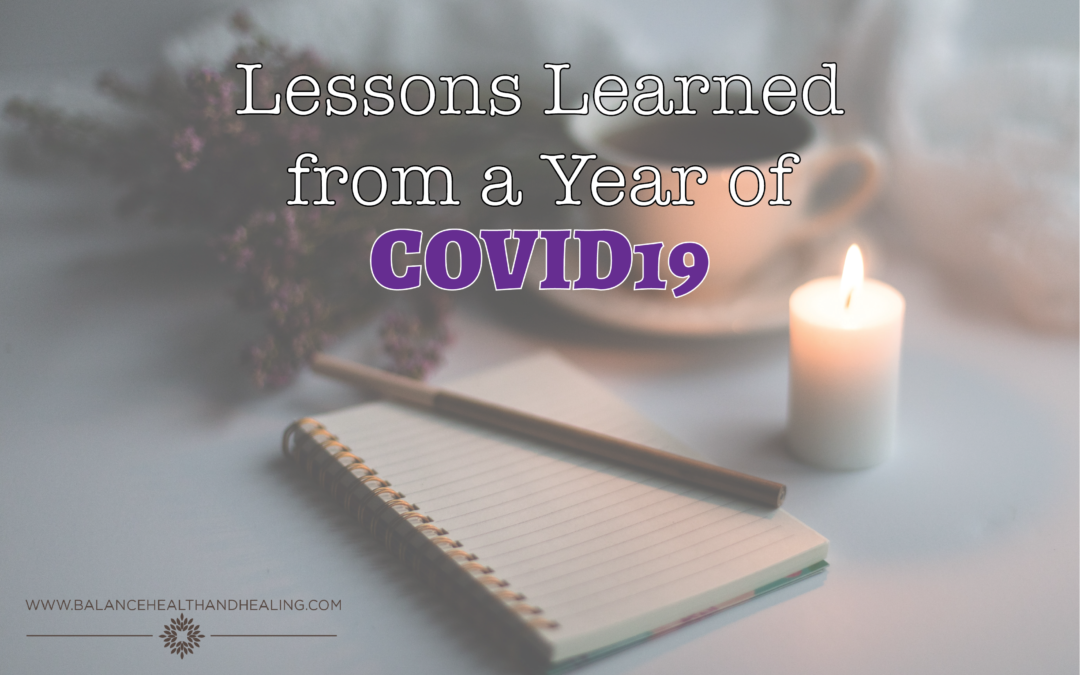
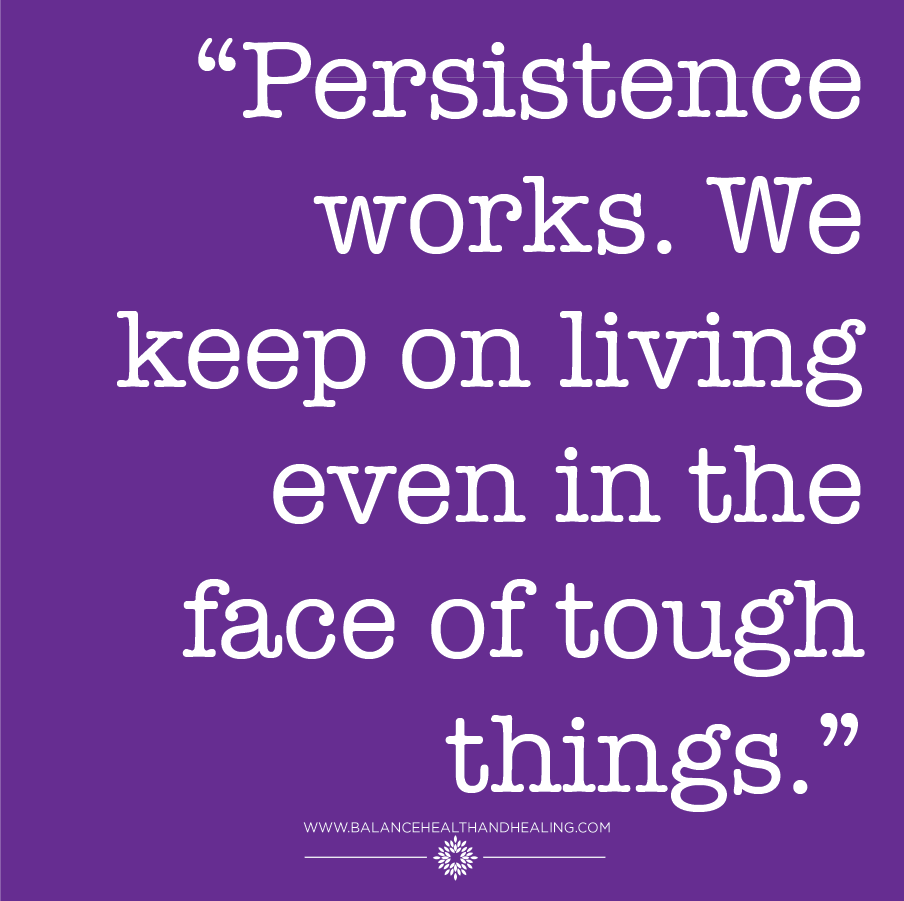 Persistence works. We keep on living even in the face of tough things. We can do hard things. We can beat our personal Goliaths. For many, the pandemic has been a time where mental health struggles have increased. Rates of eating disorders have increased, rates of domestic violence have increased. People have lost their jobs and lost their loved ones – the pandemic has been horrifying for so many people across the world. And if you’re reading this, you’ve made it through that. You can do hard things!
Persistence works. We keep on living even in the face of tough things. We can do hard things. We can beat our personal Goliaths. For many, the pandemic has been a time where mental health struggles have increased. Rates of eating disorders have increased, rates of domestic violence have increased. People have lost their jobs and lost their loved ones – the pandemic has been horrifying for so many people across the world. And if you’re reading this, you’ve made it through that. You can do hard things! had told myself “coronavirus is going to infect me and I will likely die” to “what an exciting opportunity this is to live life differently for a short period of my entire life”, and in turn, how different my actions would be.
had told myself “coronavirus is going to infect me and I will likely die” to “what an exciting opportunity this is to live life differently for a short period of my entire life”, and in turn, how different my actions would be.